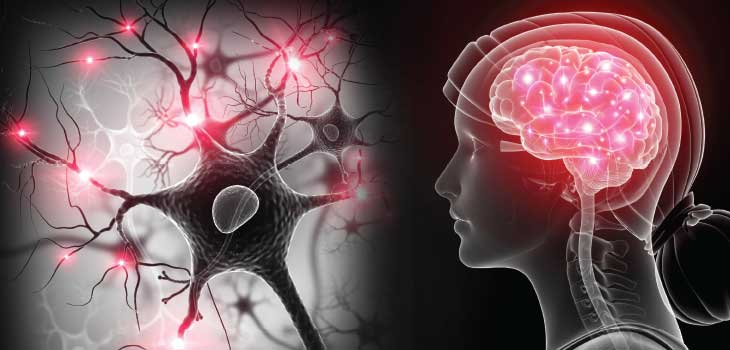
Patients with the autoimmune disease systemic lupus erythematosus (SLE) have poor outcomes despite aggressive treatment with immunosuppressive drugs. In a study published this past June in JCI Insight, Chaim Putterman, M.D., and colleagues identified how SLE develops in the central nervous system (CNS) independent of its occurrence elsewhere in the body.
The scientists found that the immune system forms a tertiary lymphoid structure—which functions like a lymph node—deep within the brain. The newly discovered structure may be the route through which the immune system promotes CNS lupus. The findings may lead to new therapies for CNS lupus, which is extremely difficult to treat.
Dr. Putterman is a professor of medicine and of microbiology & immunology at Einstein and chief of rheumatology at Einstein and Montefiore.